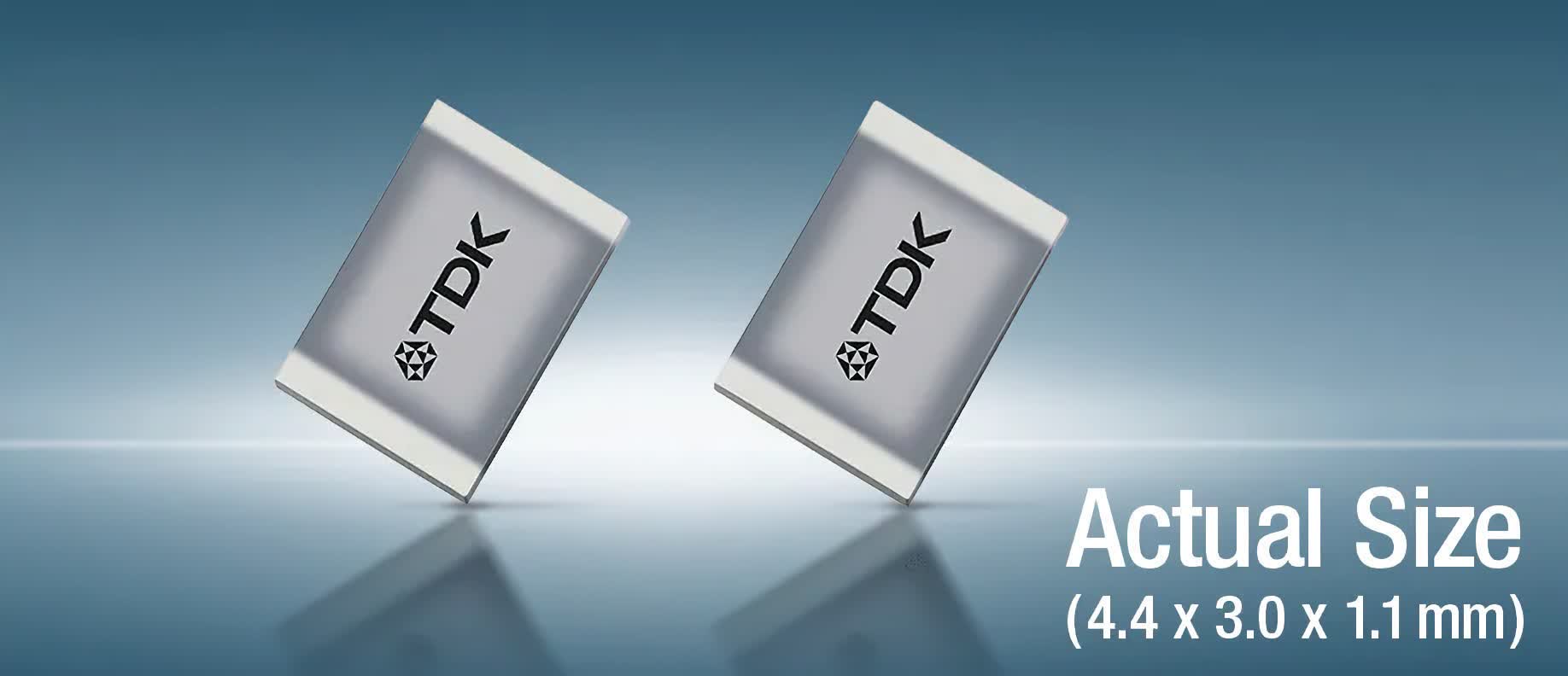The bleeding edge: Electronics manufacturer TDK just announced a solid-state battery breakthrough that could lead to smaller consumer devices and, eventually, longer ranges for electronic vehicles. The company claims the small ceramic cells can hold 100 times the charge of its current solid-state battery and over twice that of the closest leading liquid electrolyte batteries.

Japan's TDK has announced a significant breakthrough in materials for small solid-state batteries, forecasting substantial performance improvements for devices like wireless headphones and smartwatches. The new material boasts an energy density of 1,000 watt-hours per liter, approximately 100 times greater than TDK's current mass-produced batteries. By comparison, solid-state batteries offered by leading competitors are about 50 Wh/l, while traditional liquid electrolyte coin batteries deliver around 400 Wh/l.
TDK's CEO Noboru Saito highlighted this development's potential impact on society's energy transformation and emphasized ongoing efforts towards early commercialization.
"We believe that our newly developed material for solid-state batteries can make a significant contribution to the energy transformation of society. We will continue the development towards early commercialisation," Saito-san said.
The company plans to ship samples of its new battery prototype to clients next year, hoping to begin mass production shortly thereafter. As one of Apple's suppliers, the Apple Watch could be one of the first to use TDK's new battery technology.

TDK's prototype packs 1,000 Wh/l into a form factor smaller than an adult fingernail.
The new batteries utilize an all-ceramic material with oxide-based solid electrolytes and lithium alloy anodes, providing high electrical charge storage, reduced device size, longer operating times, and enhanced stability and safety. These batteries are intended for small devices, replacing existing coin-shaped batteries in watches and other electronics.
This breakthrough represents a significant advancement in a technology poised to revolutionize energy storage. Solid-state batteries offer many benefits, including increased safety, reduced weight, lower costs, superior longevity, and faster charging compared to current liquid electrolyte batteries. While advances in consumer electronics have trickled down to electric vehicles (EVs), the dominant battery chemistries for these categories differ significantly.
The primary challenge in scaling this technology for larger applications like cars or smartphones is the fragility of larger ceramic batteries. Kevin Shang from Wood Mackenzie points out that mechanical properties, production difficulties, and costs remain significant obstacles for smartphone applications.
The most promising use case for solid-state batteries could be in electric cars, offering extended driving ranges. Japanese companies are leading the commercialization efforts, with Toyota targeting 2027, Nissan the following year, and Honda by the decade's end. However, Car manufacturers will focus on sulfide-based electrolytes for long-range EVs as an alternative to TDK's oxide-based material.
Despite the enthusiasm, there is skepticism about the rapid realization of this technology, especially for the larger batteries needed for EVs. Robin Zeng, CEO of CATL, the world's largest EV battery manufacturer, expressed doubts about solid-state batteries' current efficacy, durability, and safety. It's worth noting that CATL originated from a TDK subsidiary and is a leader in lithium-ion batteries.
TDK unveils prototype solid-state battery with 20 times the energy density of closest competitor